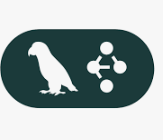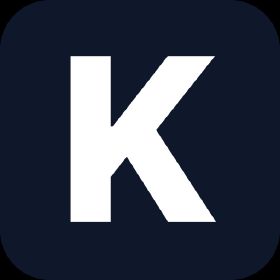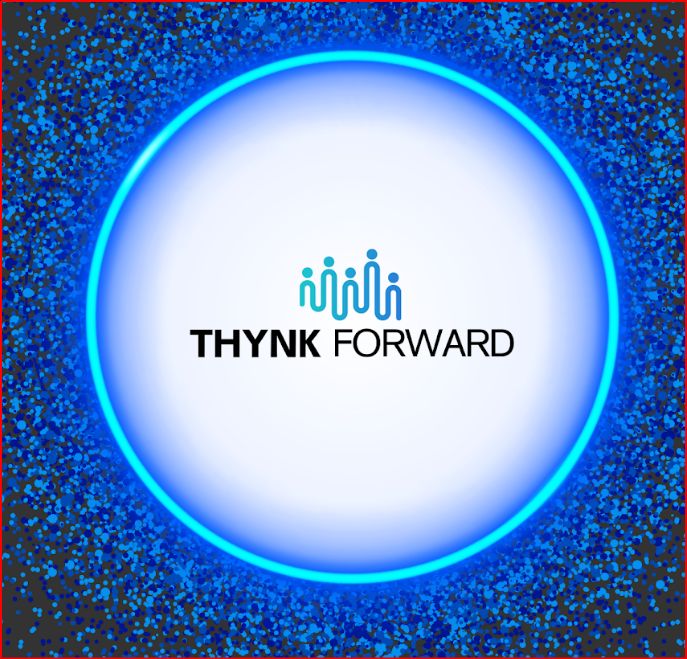
LaVague
Open-source framework for AI web agents automating interactions with natural language and large action models.
Browse our elite collection of AI agents and build your digital workforce in minutes, not months.

Open-source framework for AI web agents automating interactions with natural language and large action models.

Open-source Python framework for LLM apps with multi-agent programming for collaboration and automation.

Framework for developing conversational AI agents with NLP and machine learning for context-aware chatbots and assistants.

Open-source framework for simplifying LLM app development, integrating external data for context-aware applications.

Streamline multi-agent AI management and visualization with a JavaScript framework for improved collaboration.

A collaborative open-source platform enabling AI agents to team up and solve complex problems through shared capabilities.

AI-driven platform integrating vCons and SCITT to enhance data security, compliance, and operational efficiency.

Open-source NLP framework for building advanced search and conversational AI systems with high accuracy and customization.

Gwenflow simplifies creating production-ready applications using AI agents and LLMs for scalable solutions.

Guardrails AI is an open-source framework that enhances LLM validation, reusability, and functionality for AI app development.

A framework that simplifies AI agent creation and deployment with minimal coding, using templates and automated workflows.

An open-source platform combining swarm intelligence with LLMs to create adaptive, scalable AI agents for complex tasks.
Top open-source AI frameworks include TensorFlow, PyTorch, Keras, OpenAI Gym, Hugging Face Transformers, and Apache MXNet.
Autonomous agents are AI systems that can make decisions and perform tasks without human intervention, typically using predefined goals and learning from their environment
They perceive their environment, process information, make decisions, and act based on those decisions, continuously adapting through learning and feedback loops.
An AI framework is a software structure that provides tools, libraries, and functionalities to build and deploy AI models and systems, simplifying development and integration.
A single-agent system involves one autonomous agent performing tasks, while a multi-agent system involves multiple agents that interact, collaborate, or compete to achieve their respective goals.
Benefits include faster development, reduced complexity, standardized approaches to building agents, and better integration with existing systems and environments.
They provide tools for learning from data, modeling environments, simulating actions, and evaluating outcomes, enabling agents to make informed decisions based on these processes.
Challenges include communication and coordination between agents, managing conflicts, ensuring stability in dynamic environments, and scalability issues as the number of agents increases.
Open-source AI frameworks provide free access to advanced AI tools, encourage community collaboration, offer flexibility in customization, and reduce the cost of development.
Autonomous AI agents can automate routine tasks, enhance decision-making, improve customer service, reduce operational costs, and allow businesses to scale efficiently.